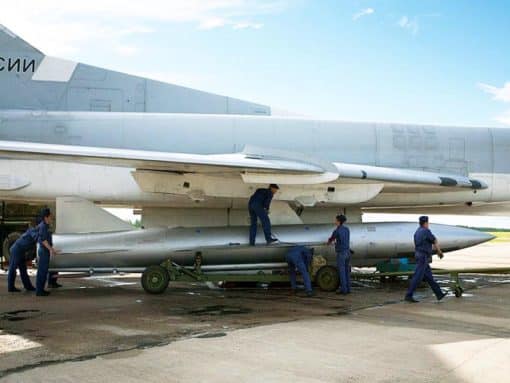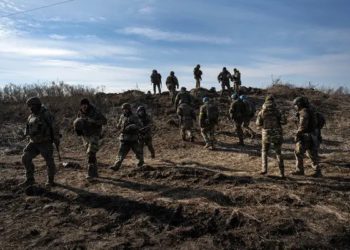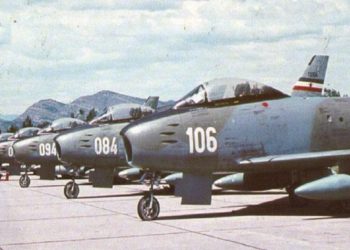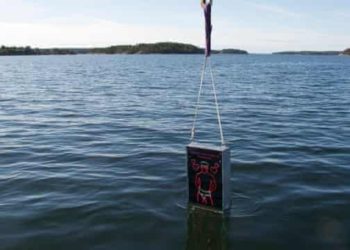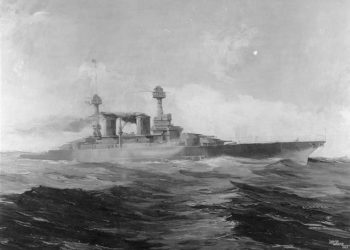Battle of the Atlantic Cold War edition. In the event of the Cold War suddenly heating up, the aim for the Soviets would have been to reach the shores of Western Europe before reinforcements in men and hardware from the US could cross the Atlantic and be disembarked in France and Belgium.
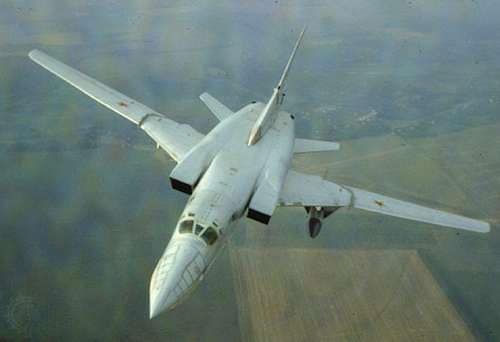
While Soviet armour would have pushed hard on land, the Soviet Navy and Naval Aviation would have done its best to intercept allied convoys crossing the Atlantic. That’s what the Tu-95 Bear D was designed for. It was equipped with a passive suite including the SRS-6/7 ‘Romb 4’ ELINT receivers and Kvadrat ELINT analysis receiver in the aft bomb bay. It also came with Vishnia SIGINT receiver system. All were designed to locate and identify the radar and communications emissions of Western warships. Said warships would invariably either be part of a Carrier Battlegroup or on escort duty for a convoy. Next to that, came the active suite of the Bear D with the MTsRS-1 Uspekh-1A ‘Big Bulge’ maritime search and targeting radar system. Big Bulge had a range of about 215 NMI (400 km) against maritime surface targets. Subsequent variants had a longer range, still. The Bear D also had a steerable datalink antenna for missile guidance.
This platform was designed to spot battlegroups or convoys crossing the Atlantic and relay their coordinates to strike/bombers equipped with AshMs. Far behind, loitering Tu-22M bombers equipped with Kh-22 AshMs would wait for the spotting Bear to relay coordinates to them before firing off their missiles. The missiles, with a range of 600km, would fly toward the given coordinates at Mach 4.6 before switching on their active radars for terminal guidance up until interception or impact…
